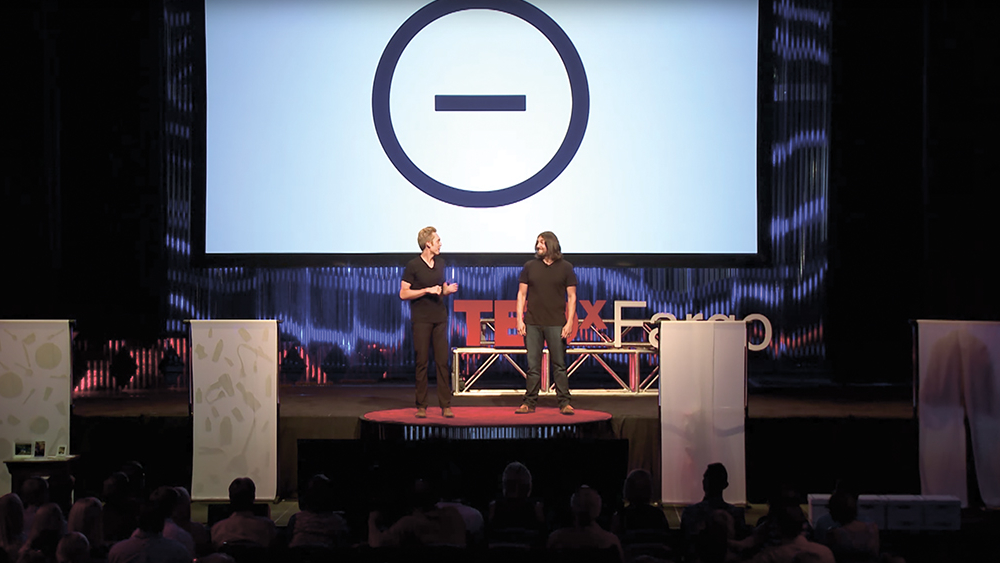Minimalism movement and old-school wisdom
Netflix documentary offers a new spin on an ancient ‘less is more’ approach
Minimalism has become a new social movement, reacting against excessive consumerism and the lie that owning more stuff can make us happy. This movement is apparent in social-media-led campaigns to declutter wardrobes, or books written about how to declutter our homes. Alongside this is a growing awareness that a life cluttered with information and things divides our attention. People keep discovering that owning things and accumulating more does not make us happy; it exaggerates our emptiness.
The Netflix documentary, Minimalism, follows the journey of two friends who had bought into the dream of climbing the ladder of career and purchasing the possessions that go with success, only to find this dream was illusive and unfulfilling.
The premise of their doctrine is that things cannot fill our emotional void.
Their radical response was to reject what US society told them, quit their jobs, and free themselves of possessions. Everything they owned was kept only if it served a function and made their lives better.
After living this way for five years, the two friends wrote a book, and spent 10 months touring the US to promote their radical ideology of minimalism. The premise of their doctrine is that things cannot fill our emotional void. Their take-home message is that we should love people and use things, because it doesn’t work when you do the reverse.
Jesus was the first true Minimalist
The journey of these Minimalists shares parallels with Jesus’ teaching. Yet why are Christians quick to buy into our society’s need to find fulfilment by consuming stuff? Jesus tells us not to worry about what we will eat, drink, or wear, but to seek his kingdom first. He also tells us that life does not consist in possessions.
Jesus was the first true Minimalist, because he knew money, success or material possessions cannot satisfy. Only Jesus can satisfy. He also teaches that the most important thing in life is to love God and the people around us.
For the Minimalists, it all boils down to one thing. Are we loving people and using things, or using people and loving things? For followers of Christ, we have a different question. Are we loving God and using things, or using God and loving things?
Dr Katherine Thompson is a Mental Health Social Worker and a Senior Research Fellow at Orygen, The National Centre of Excellence in Youth Mental Health, in Melbourne.

